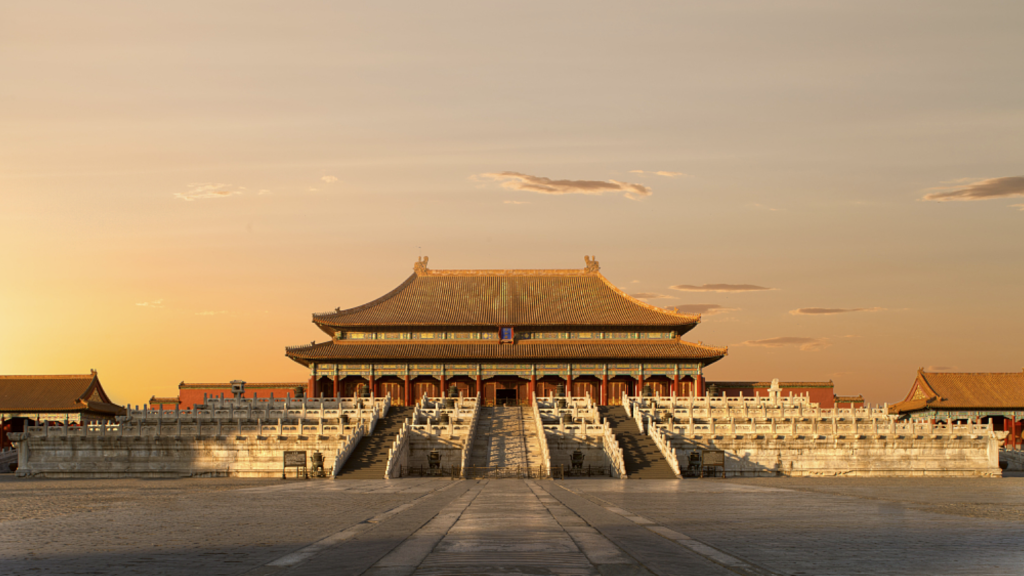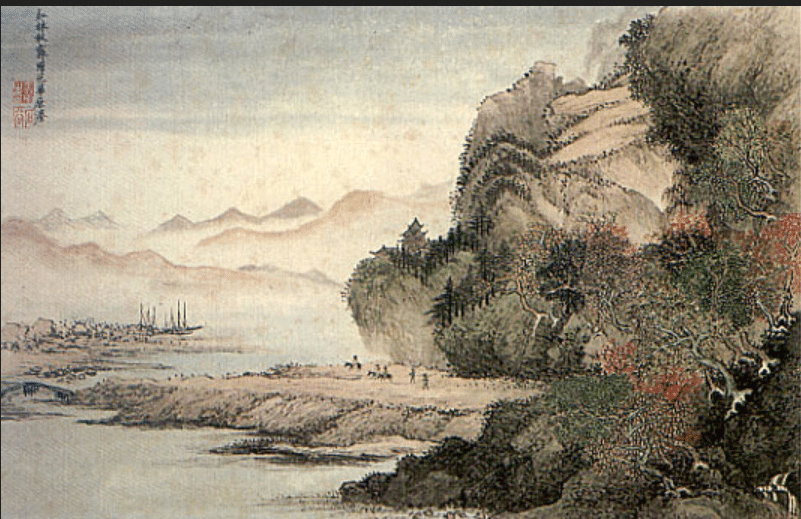Xi Jinping and Four U.S. Presidents: Personal Diplomacy Through a Decade of Change
How Obama Views Asia-Pacific Leaders
Over at the Atlantic, Jeffrey Goldberg builds on hiscover story outlining the ‘Obama doctrine’ in U.S. foreign policy by offering a helpful ranking of how the U.S. president sees his relationship with various foreign leaders. Unsurprisingly, leaders of several states in the Middle East, including important U.S. allies such as Saudi Arabia and Israel, are low on the list of world leaders Obama enjoys interacting with. When it comes to Asia-Pacific leaders, however, Goldberg’s list, while not exhaustive, has some interesting revelations.
Right after Pope Francis and Angela Merkel, Goldberg has the impression that Obama’s third-best international relationship and top relationship in the Asia-Pacific is with Australia’s relatively new prime minister, Malcolm Turnbull. Turnbull defeated his predecessor Tony Abbott, who didn’t always have the best reputation in Washington, in a September 2015 leadership spill within Australia’s Liberal Party. Since then, he’s worked closely with Washington and has brought Australian foreign policy more in line with what the United States wants to see in the region. Goldberg additionally highlights Turnbull’s so-called “structural advantage,” which is that “American presidents tend to like Australian prime ministers.”
A couple spots below Turnbull in Goldberg’s ranking is Singapore’s Lee Hsien Loong. Goldberg doesn’t go too much into detail on the practical reasons for the supposedly good relationship between Obama and Lee; rather, he surmises that Lee’s reputation as a cool and rational technocrat endears him to the U.S. president, who sees himself similarly. Lee brings “no unnecessary fireworks, no drama, and no gratuitous, and messy, emotions,” writes Goldberg.
Japanese Prime Minister Shinzo Abe, meanwhile, comes in a few places below Lee in Goldberg’s ranking. Despite the considerable work that has gone into redefining the U.S.-Japan alliance since Abe became prime minister in December 2012, Obama and Abe don’t have the best personal rapport. Goldberg shares a somewhat disappointing encounter for Abe with the U.S. president:
On a recent visit by Obama to Japan, Abe staged a dinner at a famous sushi restaurant, hoping that the informal atmosphere, and renowned sushi, would allow the two men to bond. But Obama, sources say, declined to make small talk, instead limiting the discussion to defense and trade issues. Abe was said to be wounded by Obama’s standoffishness.
One wonders if Obama’s hesitation to warm up to Abe might have something to do with the Japanese prime minister’s clumsy regional messaging on history, which left South Korea, in particular, hesitant to collaborate with Japan on regional security for some time. In fact, the first time Abe met South Korean Prime Minister Park Geun-hye was under Obama’s watchful eye at the 2014 Nuclear Security Summit.
The final Asian leader to appear on Goldberg’s non-exhaustive list is Chinese President Xi Jinping. Obama has described the bilateral relationship with China as the single most important relationship for the United States and he clearly sees a lot at stake in getting U.S. interactions with China right. Obama might not like Xi on a personal level, but Goldberg suggests he respects him more than Hu Jintao, “who would read from index cards during their meetings.” While Xi may be a less boring interlocutor for Obama than Hu was, Goldberg notes that he’s “more formidable” precisely for his more self-assured leadership style.
That rounds out the Asia-Pacific leaders included in Goldberg’s “rough guide,” which draws on his conversations with Obama and his staff over several years. Other Asia-Pacific leaders with whom Obama no doubt has had an interesting relationship include India’s Narendra Modi, Indonesia’s Jokowi, Vietnam’s Nguyễn Tấn Dũng, and South Korea’s Park Geun-hye.
Reading Obama’s thoughts about leaders in the Middle East, it’s remarkable just how much more this president is drawn to his counterparts in the Asia-Pacific. Personal affinities between leaders are by no means the foundation of an inter-state relationship, but they can certainly help advance the bilateral agenda. As Obama’s feelings toward Middle Eastern leaders demonstrate, where affinities are replaced with disdain, productive diplomacy can slow to a crawl.
By ANKIT PANDA Mar. 21, 2016 on The Diplomat
Read more here








